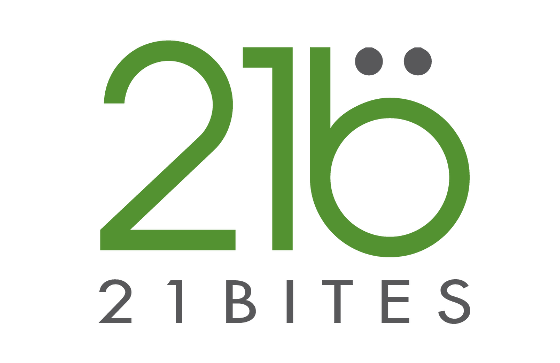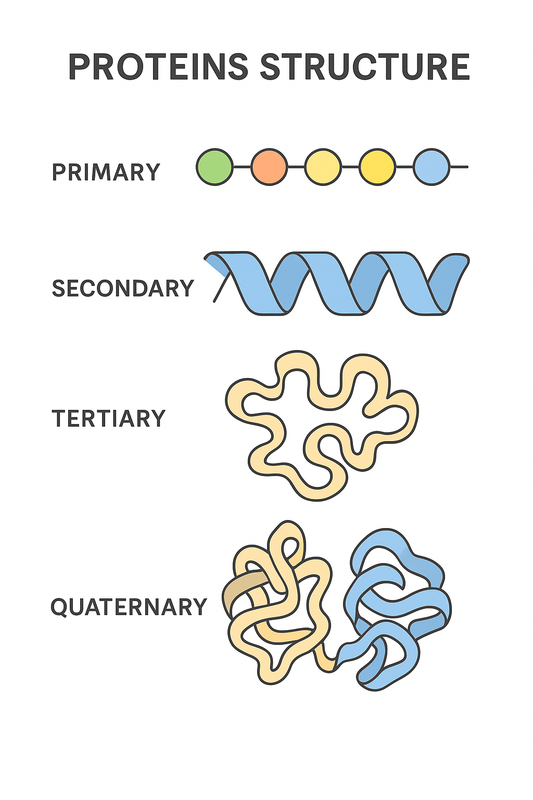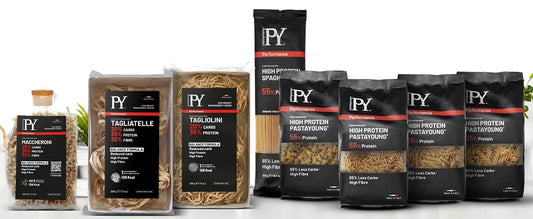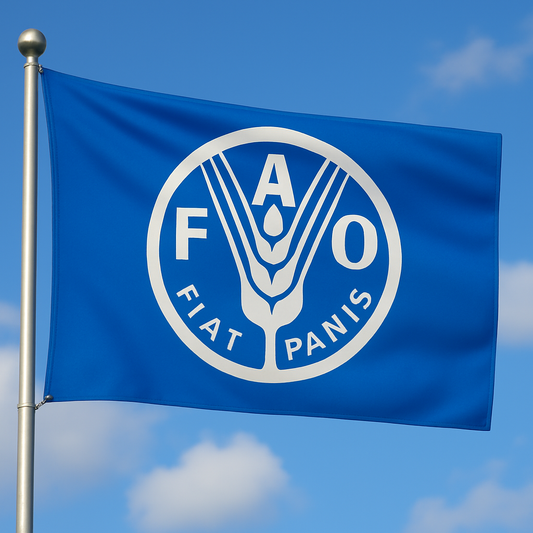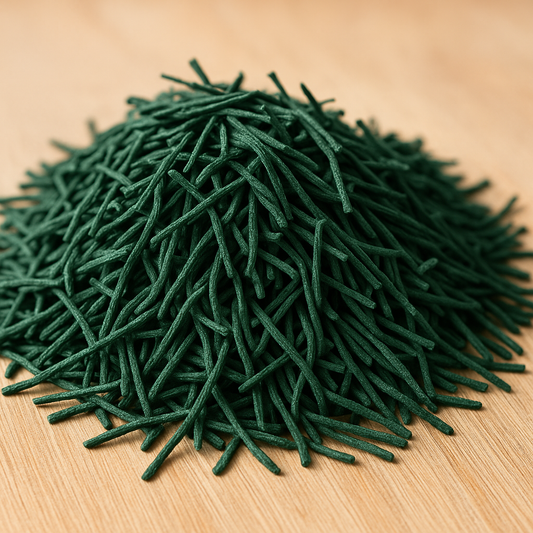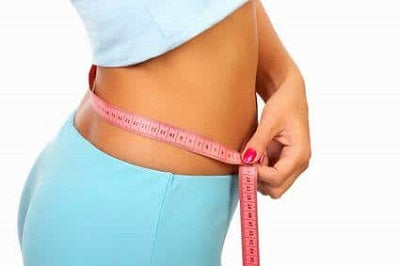
The Zone-diet
Share
"Food is the most powerful drug available and we have to use it as other drugs: in the right proportions and in a controlled way" says Dr. Barry Sears, "inventor" of the Zone-diet.
But let's try to understand better: what exactly means "zone"? The zone is the metabolic state in which the organism works at the peak of its efficiency and that would allow: a better control of the carbohydrate/protein ratio, an optimal concentration of insulin levels and an optimal concentration of good eicosanoids (biological agents that regulate lots of organic functions). This would allow you to build lean mass, burn fat, have maximum efficiency during physical performance, have energy and avoid hunger attacks.
The ratio is in fact divided into the following proportions of macronutrients to be taken during the day in 3 complete meals and 2 snacks:
40% low-glycemic carbohydrates that do not trigger insulin release such as vegetables (excluding carrots) and fruit (apart from bananas and raisins)
The forbidden ones are: cereals and tubers.
30% of proteins: fish, white meats, ostrich, egg white, lean cheeses and bacon, while red meat, egg yolks, sausages and offal are to be avoided.
30% of lipids: better monounsaturates as olive oil, olives and fruit with shell, while saturated fatty acids like those contained in red meat, whole milk, butter, etc. must be avoided.

The rules to follow are:
there must be a ratio of macronutrients of 40-30-30 (in Kcal) in each meal;
never more than 5 hours between meals;
avoiding sweets, bread, pasta, rice and cereals with a high glycemic index, whereas fruit with a high glycemic index should be preferred;
have a snack before going to sleep if more than 2 hours have passed from dinner;
every main meal should not exceed 500 Kcal
and each snack should not exceed 100 Kcal
The introduction of insects-derived proteins into this diet is recommended. This food regime is tendentially hyper-proteic, and as insects are very rich in this macronutrient, it is possible to include them in meals as a substitute or to supplement the other previously mentioned protein sources.
